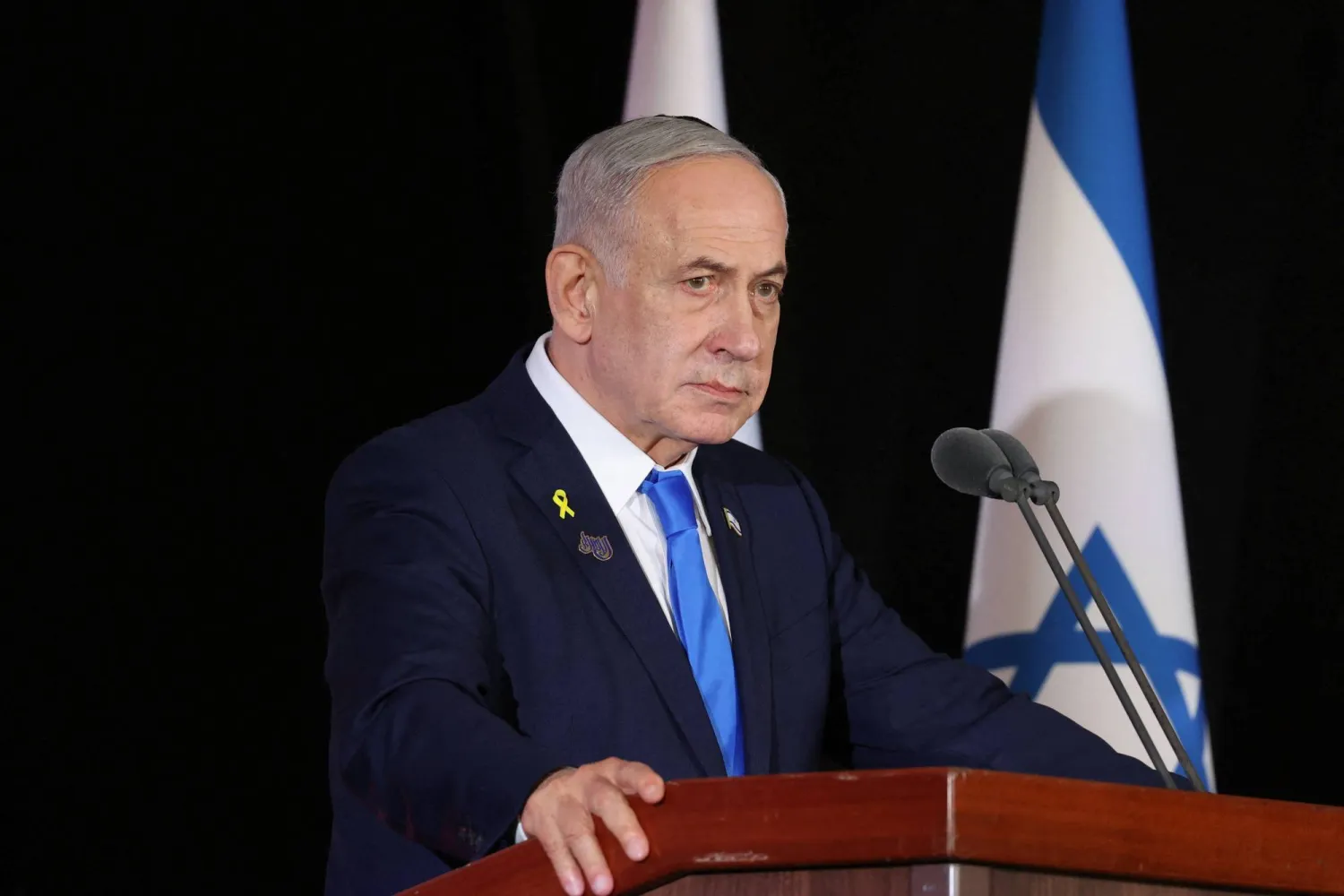Netanyahu Implicitly Rejects Turkish Involvement in Gaza and Vance Confirms Difficulty of the Upcoming Phase

This came during a press conference in Jerusalem that brought him together with U.S. Vice President J.D. Vance, where the two discussed the features of the "next day" after the war in Gaza, including the parties that could take responsibility for maintaining security in the sector after two years of escalation.
For his part, Vance expressed cautious optimism about the resilience of the ceasefire, which has entered its twelfth day, confirming that President Donald Trump's plan is proceeding better than expected, despite the complex challenges awaiting the implementation of its second phase.
This phase includes the disarmament of Hamas, the formation of a Palestinian committee under international supervision to manage the sector, along with the deployment of an international force to support the Palestinian police after subjecting it to security scrutiny.
While Turkey considers itself to have a pivotal role in convincing Hamas to accept the plan and has expressed its readiness to participate in the international force either militarily or civilly, Vance emphasized that Washington will not impose any foreign presence on Israel in what he described as its "territories."
Turkish-Israeli relations, which had seen rapprochement in previous periods, have deteriorated sharply during the recent war, especially after the scathing criticisms made by Turkish President Recep Tayyip Erdoğan regarding the Israeli military operations in Gaza.
In contrast, Hamas continues to strengthen its presence in the sector, having redeployed its armed elements in the streets, amid ongoing tensions regarding the entry of aid, prisoner exchanges, and the opening of crossings, reflecting the fragility of the ceasefire despite international efforts to stabilize it.